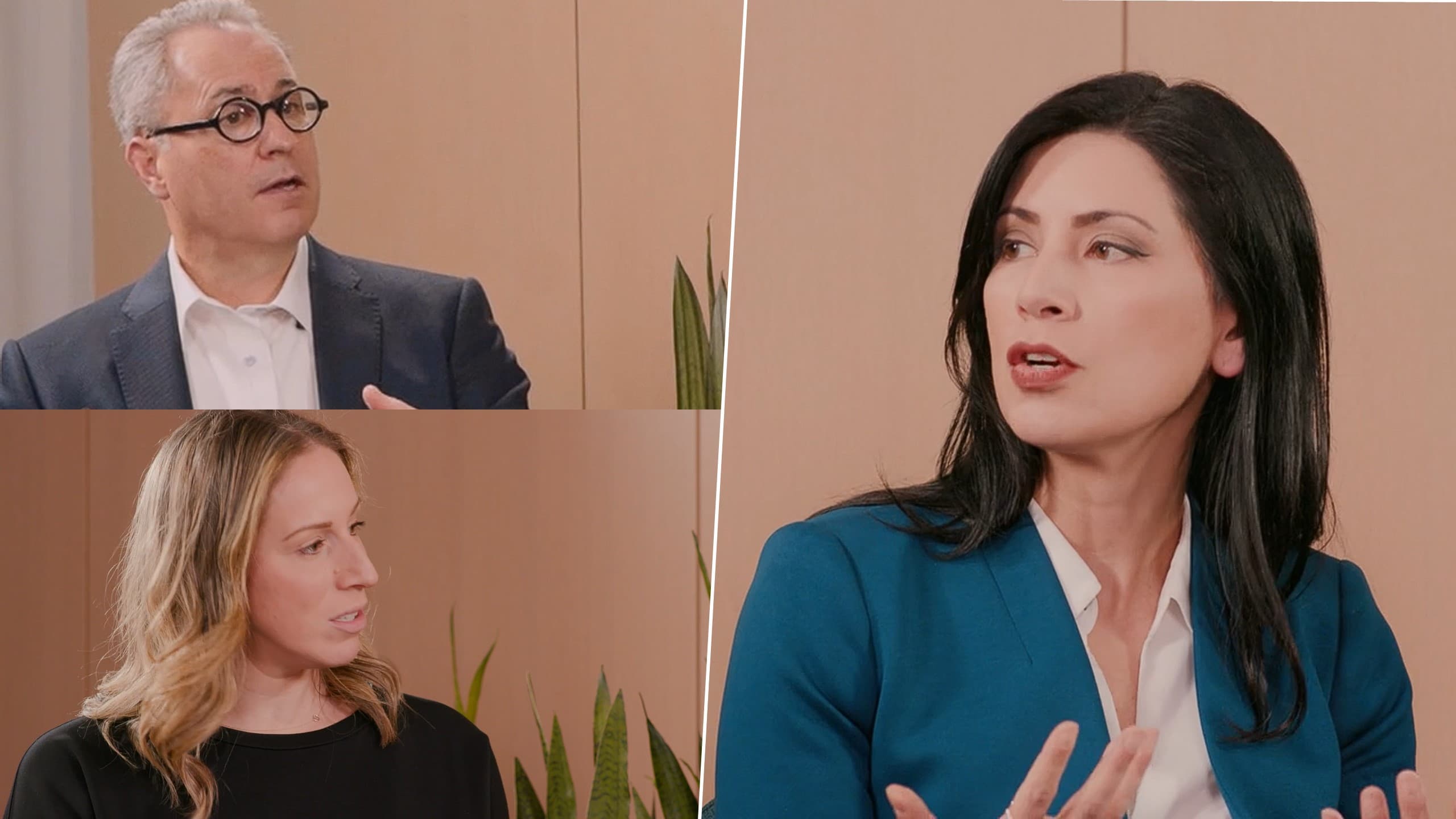We are thrilled to have Professor Mary Anne Franks from George Washington University Law School with us today. Professor Franks is a prominent figure in the privacy and cybersecurity world, serving as the president and Legislative and Tech Policy director of the Cyber Civil Rights Initiative. She's also an accomplished author, and we’ll be discussing her recently published book, Fearless Speech, in today's episode of A Little Privacy, Please!®
This article has been edited for brevity. Watch the full episode for the complete discussion.
What is the significance of the title Fearless Speech, and where does it originate?
This goes back quite a few years. I think it was 2018. I was working on the final touches for my first book, The Cult of the Constitution. I was deeply involved in free speech scholarship and stories. I was giving a talk at UNC Charlotte and had a conversation with my host, Gordon Hull, a philosopher. We discussed my frustrations with the freedom of speech doctrine and the aspects I felt were not captured or were distorted by it. He asked if I knew about the ancient Greek concept called parrhesia. As a classics minor in undergrad, my interest was piqued. He explained that the ancient Greeks had a specific conception of speech essential to democracy, which Michel Foucault translated as "fearless speech." This concept involves candidly taking a position and speaking truth to power, often at great personal risk.
What motivated you to write this book?
The motivation goes back to my first book, which critiqued not just the First Amendment but also the Second Amendment. It wasn't a critique of the laws themselves but of what I called constitutional fundamentalism, comparing it to religious fundamentalism. People often interpret the Constitution in selective, self-serving ways, similar to how religious texts can be interpreted. This approach can be very exclusionary and extreme. My first book focused on the limitations of this perspective and its potential to undermine democracy. With Fearless Speech, I wanted to highlight the positive, inspirational aspects of speech. I aimed to tell stories of people who spoke out courageously, often in service of equality and justice, which are not always captured by First Amendment cases.
You spend time in the book dispelling misconceptions about the First Amendment. Could you tell our audience about that?
Many people in the US have a reflexive sense that they understand the First Amendment, but it's actually very complex and sometimes contradictory. For the first hundred years of the US, it was rarely invoked. When it was, people often lost their cases. There's a misconception that the First Amendment protects all speech without consequences, and in the digital age, this has extended to a perceived right to a platform. However, the First Amendment primarily protects against government action, not private actions like social media censorship. It's important to clarify these misunderstandings before discussing the limitations and contradictions of the First Amendment doctrine.
In your book, you discuss Section 230 of the Communications Decency Act and its limitations and offer suggestions for fixing them. Can you share some of that with us?
Section 230 is often misunderstood. It has two main provisions: one that protects platforms from being sued for user content and another that protects them when they take down harmful content. The second provision is justifiable as it aligns with First Amendment rights. However, the first provision has been interpreted too broadly, allowing platforms to avoid responsibility even when they promote harmful content. This creates incentives for platforms to maximize harmful content for profit without facing consequences. This needs to change to ensure platforms are held accountable.
Could you discuss your involvement with the Cyber Civil Rights Initiative and explain the organization's mission?
The Cyber Civil Rights Initiative was founded by Dr. Holly Jacobs, a victim of non-consensual pornography. She struggled to get help, as there were no laws against it at the time. She reached out to me, and we founded the organization to combat online abuses, especially the exploitation of private images. We've worked on model legislation, raised awareness, and set up a victim support helpline. Today, 49 states have laws against non-consensual distribution of intimate images, up from just three when we started.
Professor Danielle Citron from the University of Virginia Law School has been instrumental in shaping the initiative. The name of our organization, Cyber Civil Rights Initiative, comes from Danielle's influential article titled "Cyber Civil Rights."




